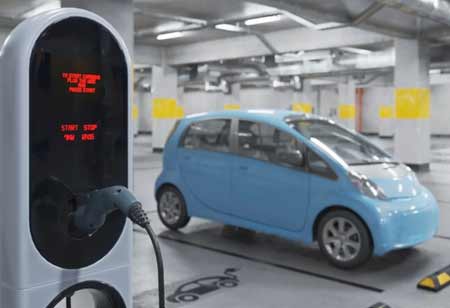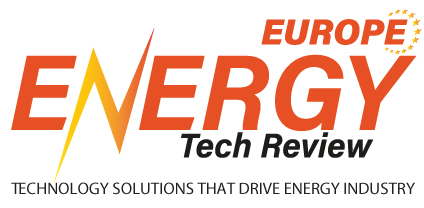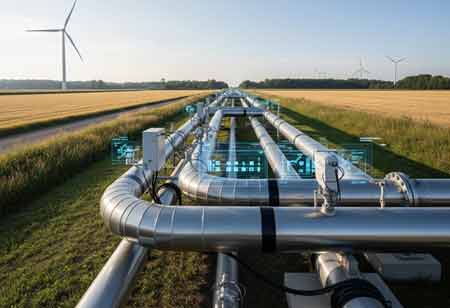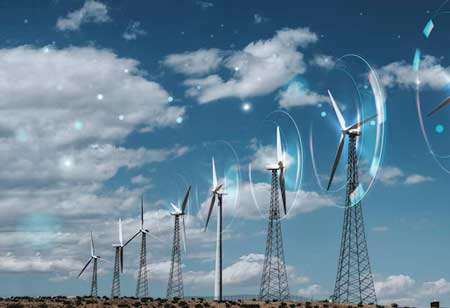CLOSE
Specials
I agree We use cookies on this website to enhance your user experience. By clicking any link on this page you are giving your consent for us to set cookies. More info
Be first to read the latest tech news, Industry Leader's Insights, and CIO interviews of medium and large enterprises exclusively from Energy Tech Review
Thank you for Subscribing
The Next Wave of EV Charging: Innovations Ahead
Together, ultra-fast and wireless, smart and V2G, modular stations, and AI integration technologies will shape the future of mobility, continuing to make it convenient, efficient, and sustainable.

By
Energy Tech Review | Tuesday, October 07, 2025
Stay ahead of the industry with exclusive feature stories on the top companies, expert insights and the latest news delivered straight to your inbox. Subscribe today.
Fremont, CA: Advanced charging systems have been challenged by the growing popularity of electric vehicles, but improvements have increased network connectivity, efficiency, accessibility, and convenience while also saving time.
Ultra-fast charging is one of the promising areas in the electric vehicle charging space, where vehicles can be charged in just a few minutes or even quicker. High-power chargers deliver 350 kW or more: The EV will recharge to get enough energy to do 300 miles of travel or more by spending short periods, equivalent to short refueling time as a gasoline car. This makes charging more straightforward for the driver and reduces range anxiety, especially in an elongated journey. Another promising development is wireless or inductive charging technology, whereby energy is transferred wirelessly from a charging pad to a receiver on the car through an electromagnetic field. It can be used for homes, parking lots, and public charging. Roads may even be integrated into the charging EVs, making a car charge quite realistic.
Smart charging is an intelligent software technology that optimizes energy use for electric vehicle charging, saves on costs, and regulates EV grid demand.
It predicts when to charge a battery based on time-of-use pricing or renewable energy sources available, thereby saving money for the drivers and reducing the carbon footprint left by a driver. It also ensures that the grid is not overcharged for charging multiple vehicles. With the increase in the adoption of electric cars, wise charging technology will become crucial in providing efficient and sustainable charging infrastructure. Vehicle-to-grid - V2G technology, one of the promising developments in electric vehicle charging, enables EVs to charge from the grid and send power back. That takes the form of bidirectional capability, transforming electric vehicles into mobile energy storage units while stabilizing the grid at peak demand time.
Charging needs can be captured from low-demand periods, and any excess energy generated can be sold to the grid during peak demand hours, which can also be a source of revenue and aid in supporting energy resilience. The most crucial issue is V2G technology, given the shift of solar and wind sources to being the majority of these energy sources. High-power, modular charging stations will likely dominate the future of EV charging. Scalable stations support the operators in adding even more charging capacity as the demand grows, and charging networks will expand quickly. They also come equipped with advanced cooling technology to support high-power outputs, making them more efficient and reliable.
The artificial intelligence of EV charging infrastructure has excellent potential as systems powered by AI can predict the charge and schedule accordingly to optimize schedules and monitor station health. AI could analyze data on usage patterns of vehicles, load on the grid, and energy prices to make real-time adjustments in optimizing charging efficiency, thereby giving a better user experience and extending the lifespan and reliability of charging infrastructure.

Copyright © 2025 Energy Tech Review. All rights reserved






